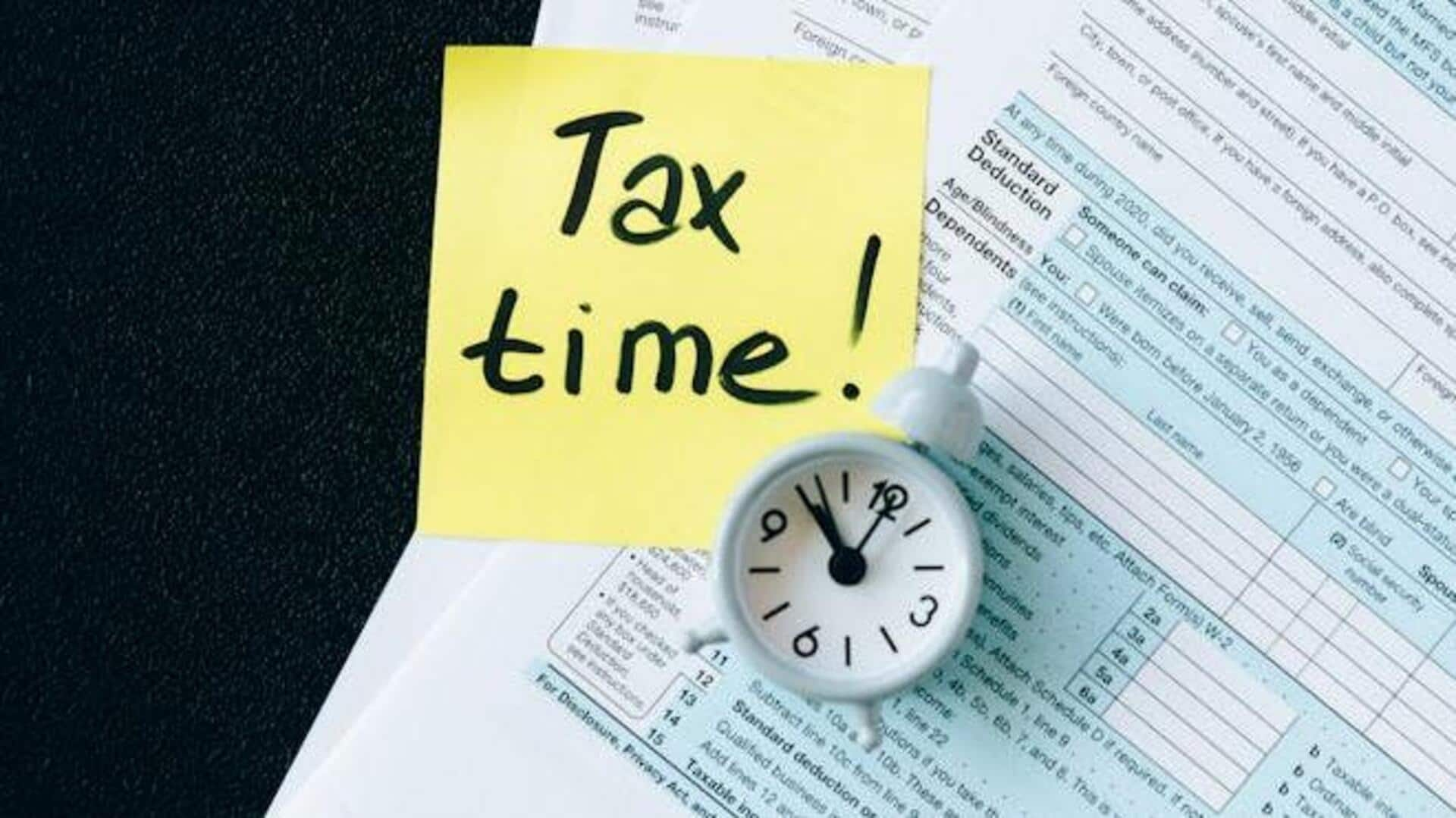
Understanding the intricacies of the Income Tax Act in India is crucial for taxpayers to maintain compliance and optimize their tax liabilities efficiently. This article aims to decode some of the most important sections and clauses of the Act. Our objective is to simplify it for individuals and businesses, making it easier for them to navigate their tax-related obligations.
Understanding tax slabs and rates The Income Tax Act defines various slabs for individuals depending on their income levels. For instance, individuals with income up to ₹250,000 are exempted from taxes. The rates increase incrementally with the income range, reaching 30% for those earning over ₹1 million.

Understanding which slab applies to a taxpayer is crucial for accurately calculating their taxes. Deductions under Section 80C Section 80C provides a comprehensive list of investments and expenditures that qualify for deductions up to ₹150,000 from the taxpayer's gross total income. This encompasses investments in Public Provident Fund, Equity Linked Savings Scheme, life insurance premiums, and tuition fees, to name a few.
By taking advantage of these deductions, you can substantially lower your taxable income. House property income rules Income from house property is taxable under certain conditions stipulated in the Act. It pertains to rental income or deemed rent if the property isn't let out.
Conversely, taxpayers can claim deductions on home loan interest up to ₹200,000 under Section 24(b) and on municipal taxes paid during the year. Being aware of these provisions can assist property owners in effectively planning their taxes. Capital gains taxation Profits (capital gains) from selling assets like shares or property are taxed differently.
Short-term capital gains are taxed at 15% if held for less than three years. Long-term capital gains exceeding ₹1 lakh are taxed at 10% without indexation benefits for holdings over three years. Understanding these rules helps plan asset sales in a tax-efficient way.
Advance tax payment requirements Taxpayers with an estimated tax liability exceeding ₹10,000 are required to pay advance tax in four installments within the financial year: 15% by June 15, 45% by Sept. 15, 75% by Dec. 15, and the full 100% by March 15.
Failure to adhere to these deadlines attracts interest penalties under Sections 234B and 234C. A bit of planning can save you a whole lot of last-minute headaches and penalties..











